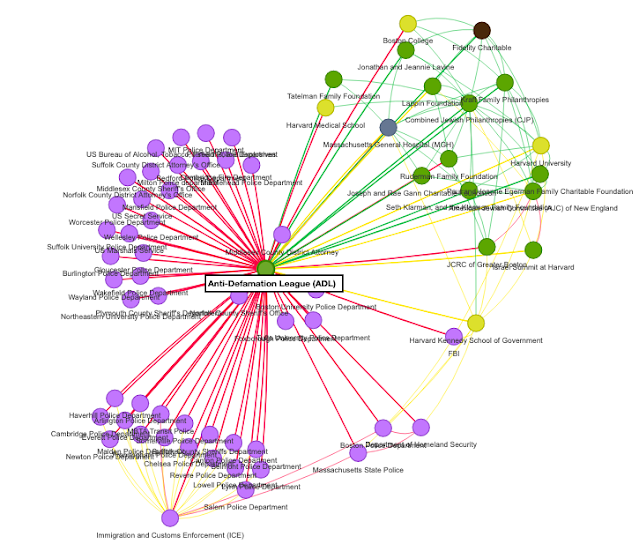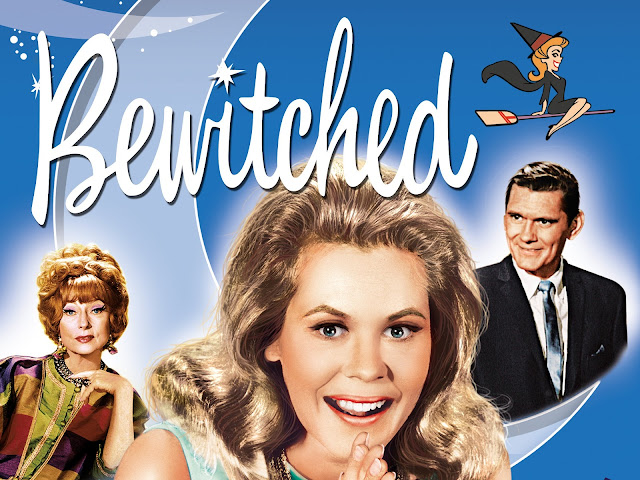Eugene Kontorovich: Israel, Armenia and Presbyterians
The PCUSA is fully within its rights to support Armenian settlements. Nothing in international law requires boycotts or sanctions against such communities. It is understandable if, as Christians, the PCUSA’s members are touched by the plight of one the most ancient churches in Christendom. It shouldn’t be a crime for members of a particular ethnic group to live in part of its historic homeland, and surely the PCUSA would be scandalized if third parties boycotted Armenians for returning to Karabakh.Barbara Kay: Lawyers target anti-Israel double standard over product labels
Yet that is exactly what the PCUSA urges when it comes to the Jewish state. It has made Armenian nationalism a funding priority while treating Zionism as a horrible crime. The PCUSA is far from alone. As I have written in these pages, vocal critics of Jewish settlements in the Holy Land on the far left, such as Rep. Rashida Tlaib and senior officials at Human Rights Watch and CodePink, have been active supporters of Armenian settlements.
The PCUSA says anti-Semitism doesn’t drive its obsession with the Jewish state. Instead, it acts under pretense of upholding international law, which it claims Israel violates by allowing Jews to live in parts of the West Bank. Doubtless the PCUSA’s role in supporting settlers in occupied territory will not lead it to disavow its Karabakh projects. Nor will it drive a wedge between the denomination and the many other progressive “anti-occupation” groups with which it makes common cause. This highlights how “settlements” and “illegal occupation” are not general terms of international applicability. Rather, they are part of special vocabulary, a kind of neutral euphemism, designed to discuss only one particular people.
The church sees itself as progressive, but its views on Israel are a throwback to something very old.
Goldstein and Kontorovich are determined that Israeli products be treated by the same standards as others. They are the lawyers who filed a complaint with the CFIA regarding olive oils labelled as made in “Palestine.” The label of one, Al’Ard Extra virgin olive oil, seen in an Ottawa Marché Adonis shop, says “Product of Palestine.” The label of the other, Zatoun Fair Trade Extra Virgin Olive Oil, which retails at the Nuthouse in Toronto (as of June 1), and doubtless elsewhere in its network (Zatoun did not respond to my media query), describes the oil as being “from Palestine,” and displays the flag of the Palestinian Authority. Its Country of Origin (CO) is stated as “Product of West Bank PS,” although the West Bank is not a country, and PS is an ISO abbreviation for “State of Palestine,” which Canada does not recognize as a country.Amnesty International UK ‘institutionally racist’, inquiry concludes
The complaint rests primarily on the Safe Food for Canadians Act, which requires that all food products must be labelled in ways that are not “false,” “misleading” or “likely to create an erroneous impression,” reinforcing its claim with the precedent set by the CFIA’s Psagot ruling.
In the legal analysis attached to the complaint, they note that not only is the “State of Palestine” a nonexistent entity unrecognized by Canada, the government of Canada had voted against a United Nations General Assembly resolution claiming there was such a state. Moreover, Canada’s labelling regulations require that the CO be either a country or a World Trade Organization member, which includes non-sovereign customs territories like Hong Kong. Israel is both. “Palestine” is neither.
As in the Psagot case, in which they acted for the winery, Goldstein and Kontorovich are open to a reasonable solution. They demur from the proposed approach recently entertained by the Liquor Control Board of Ontario to label such wine products “of the West Bank,” since the West Bank is “neither a country, nor a customs entity, nor a governmental authority of any kind.” In any case, “West Bank” is a misleading label because, as prescribed by the Oslo Accords, the West Bank is divided into three Areas: A and B are under the Palestinian Authority, and Israel controls C. The complainants suggest a model which designates the relevant administering authority, such as “Product of Palestinian Authority – West Bank,” or the even more clarifying “PA administered territory.”
Consumer confusion is not the issue here. The complainants stipulate that both Psagot wine and the Palestinian olive oils are marketed almost exclusively to people who know the origins of the products, and who purchase them expressly as a gesture of support. They have no problem with Palestinian activists providing support vehicles for their sympathizers. They do not seek any advantage for products made in Israel, inclusive of those areas Israel administers. They are asking only that — unlike in the EU — the CFIA continue to recuse itself from the internal political conflicts of other nations, and stick to their mandate of providing the same level regulatory playing field for all. A reasonable demand, objective observers would agree.
Amnesty International UK is “institutionally racist” and faces bullying issues within the organisation, an inquiry into the charity has concluded.
The findings of management consultancy Global HPO’s inquiry, which were published in full on Thursday, also accused Amnesty of failing to embed principals of anti-racism into “the DNA” of the organisation.
In a damning indictment of the charity, the 106 page document suggested white applicants were more likely to be appointed to roles within the charity than all other groups, with black people least likely to be given a job.
Amnesty has repeatedly sparked anger with the Jewish community over recent years by publishing a series of reports into Israel that have concluded it to be an apartheid state.
But the independent report into Amnesty concluded:”“A perception that has not been addressed and as such manifests in the negative cultural paradigm of exclusion and racism at AIUK.
“There is a need for the impact of this legacy to be acknowledged and addressed as part of the transition to becoming anti-racist.”
It continued:”“Our view is that ‘white saviour, middle class and privileged’ is a perception that forms an important part of the AIUK narrative about its history and legacy.”
The inquiry called for training to improve equality monitoring at the organisation, with attention needed on retaining staff from black Caribbean and black African staff.
The report also describes the charity as having “a culture that bullies” and points out that it had repeatedly failed to take action following a number of similar reviews in the past.


















































